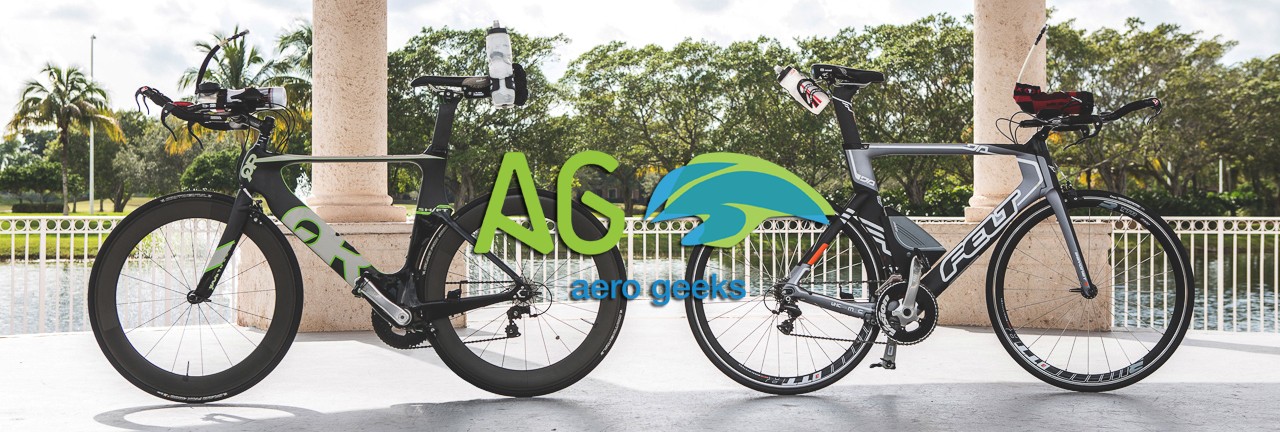There is no such thing as free speed. Either you work for it – or you buy it. And while working for it is where you really gain your watts. For many of us buying it is the slightly more fun way. But speed can get expensive awfully quick. Sometimes to the tune of $100 a watt or more. So, when TriRig announced a product that they conservatively estimate will net you a watt for less than $30 we are pretty intrigued. When it also saves you 100g and can protect your bike from damage we were pretty sold. Meet the TriRig Styx. 3-4 watts for $84.99 and weighing in at just 45g for the pair.
The TriRig Styx
The TriRig Styx are TriRig’s optimization of the common road hub skewer. Each skewer consists of three components: two minimal and aerodynamically-shaped skewer ends, joined by one custom-machined thru-bolt.
By using two separate skewer ends, instead of one end integrated into a bolt, the Styx avoid the need to turn the skewer against your fork, which most skewers require. This protects your fork dropouts, preventing them from being damaged as a jagged metal surface is torqued onto them. On Styx, both ends feature orientation locks, so they simply snap into place, and then the custom thru bolt tightens the system without turning on the fork itself. This is especially important for bikes with all-carbon fork dropouts, which can be easily damaged by other types of skewers.
The end result TriRig tells us is a a savings of 3-4 watts based on CFD modeling. Moreover, every component of the TriRig Styx skewers are made of TC4 titanium alloy, offering exceptional strength, durability, corrosion resistance, and ultra light weight. The entire set weighs just 45 grams, cutting over 100 grams of weight compared to standard trainer skewers.
You can get the full details at https://www.tririg.com/store.php?c=Styx.
Our Thoughts
For us – the most exciting aspect of the Styx is their protection of the dropouts. So often we have seen people spinning their skewers against carbon dropout and the paint just start flaking off. It’s a small way to protect your bike but an important one.
Next obviously is the aero benefit. A skewer head is one of the first areas of your bike to hit the wind. And so many have these massive levers just sticking out there. Yes, it’s just a few watts – but when we see people spending thousands of dollars to buy every watt they can – a few watts matter.
The one question we know we will get is the impact of using a bolt on skewer versus a lever based on when it comes to quick changing a flat. However, we actually think it is basically inconsequential. Yes, you will have to carry an extra allen wrench with you on a ride. But many of us are already riding with them because of disc wheel thru axles and we are surviving (and it’s just a small addition to your flat kit). We also happen to have spent the past few weeks with a TriRig Omni which also utilizes bolt on skewers and the only challenge we have found with them is that the Omni’s skewers utilize a proprietary end cap design that can be a challenge to align – something the Styx avoid completely.
Wrapping Up
$84.99 for 3-4 watts and a 100g savings this is very near a no brainer for someone looking to gain every watt they can. And when you factor in that they can actually protect your bike (quite possibly the most expensive free speed you may have bought) – the Styx are an even smarter purchase. Stay tuned for a deeper look at them when we get our pair. And stay tuned to AeroGeeks.com for a full look at the TriRig Omni we have been riding lately as well.






I had these but I’ve found the bolt to be too soft, if you torque them up to the specified tightness then it’s very hard to undo them without rounding the allen head. (I used a Silca allen wrench not some poor quality ones)